Global Internet Restrictions: An Analysis of Internet Censorship

UPDATED January 12, 2023
Written By Milliscent Lucio
The internet's influence on globalization cannot be overstated. It opened up barriers that were once insurmountable because of the distance, bringing people from all around the world closer than ever. It gave us a lot of ways to talk to each other and a lot of information that we could access anywhere and at any time.
Due to this wealth of data and faster communication, people are much more knowledgeable and aware of the cultures and events around the world. Currently, more than half of the world is using the internet, and it shows no signs of slowing down. Figures have shown that 90% of the population, aged 6 years and older, is projected to rise by 2030
Because of the wide diversity of people involved, the internet has become a space for a variety of content. However, not everything is suitable for everyone in every situation. The early days of the internet were marked by a lack of restrictions; however, this has changed dramatically over time.
These restrictions are imposed for a variety of reasons, including but not limited to the following:
- Some content violates general internet rules
- Certain types of content are inappropriate for specific groups
- Certain sites are not permitted in the workplace
- It violates a country's laws.
These legal restrictions on what can be accessed, published, and seen on the internet are called internet censorship. While it might have been mostly used in good faith, it’s also threatening to compromise the benefits brought forth by the internet over the years.
Let’s take a closer look at Internet censorship, how it works, and the problems that come with it.
What Is Internet Censorship and How Does It Work?
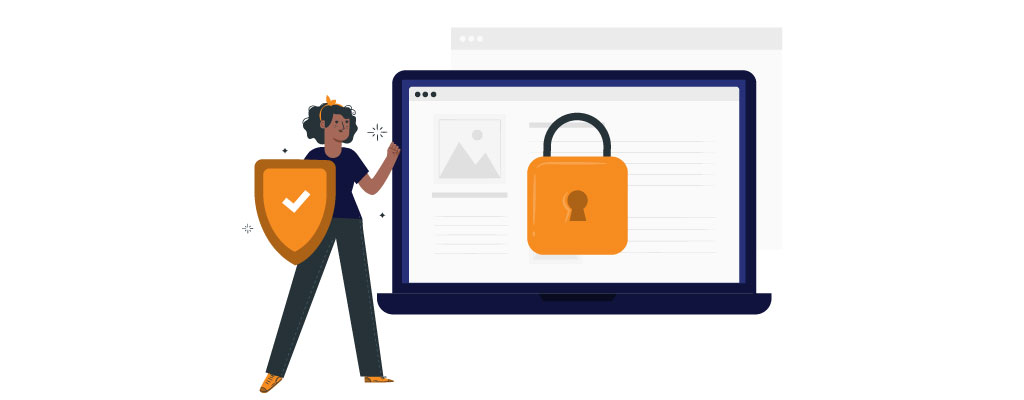
Before delving into internet censorship, it is necessary to first define censorship. What is the meaning of "censored"?
When something is censored, it means that parts of it or the whole work itself are suppressed or hidden. Images, words, and concepts that are regarded as being "offensive" may be among the elements that have been removed. This action may be taken either by the government or by private pressure groups on the individual's behalf.
Censorship is usually carried out for the sake of certain demographics, usually children. This is why media directed toward these certain demographics is either run through a filtering system or heavily edited.
There is merit to this reason—after all, there are two sides to every coin. While the globalization caused by the internet promotes acceptance and awareness of the nuances of different parts of the world, the opposite is also true. People with malicious intentions are also given a voice, which provides them with the opportunity, space, and medium to communicate with one another and organize.
Using a firewall or censor as security helps combat the rising sophistication of cyber attacks that seem to advance further even as new solutions are being made. Another important factor is the use of the internet as a political weapon, such as by spreading false information, using trolls, or limiting access to the internet.
The problem with censorship is that it can also be weaponized. Censorship is carried out in several ways, the following being the most common:
Talk to our team!
Send Me a Quote
1. Keyword Filtering
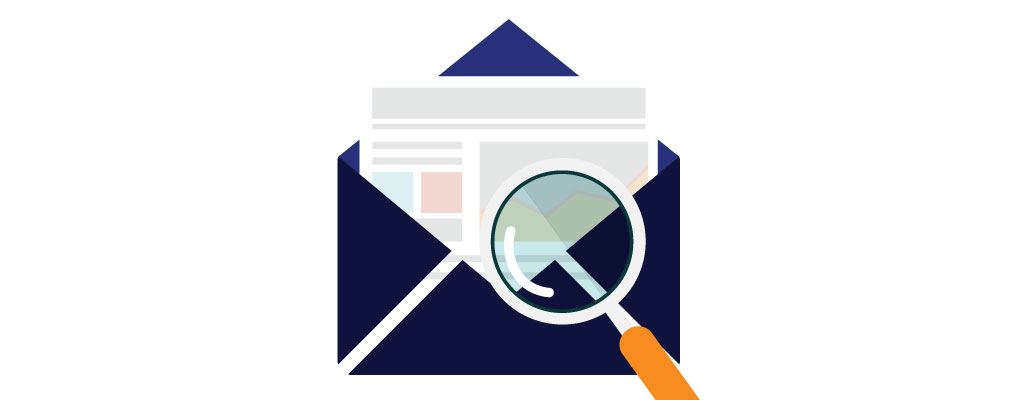
Keyword filtering is a form of censorship that blocks emails containing certain words or groups of words. The filter can apply within the body, the subject, and even the attachment—though the latter is a more advanced and complicated process.
2. URL Filtering
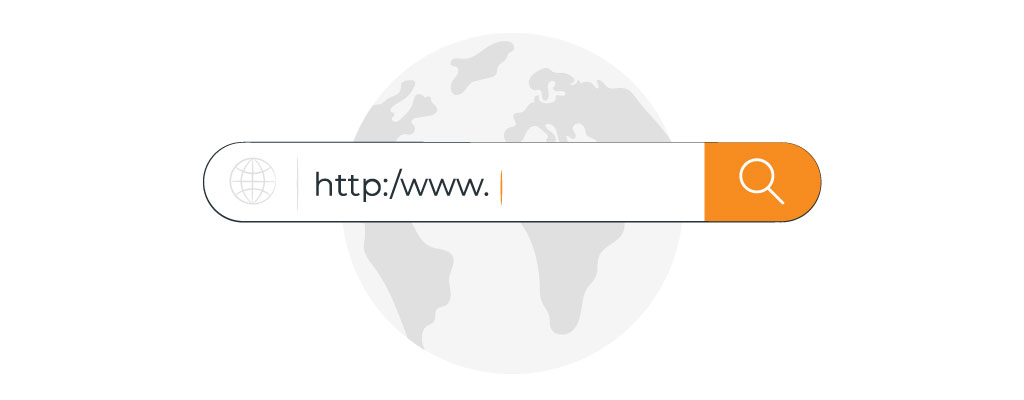
A URL (Uniform Resource Locator), also called a web address, is a unique address or identifier of a resource within the internet. It is the complete link shown in the browser’s search bar.
URL filtering is basically blocking access to certain URLs. When a user tries to access a blocked website with a filtered URL, they are sent to a page that tells them the site is blocked.
3. IP Banning
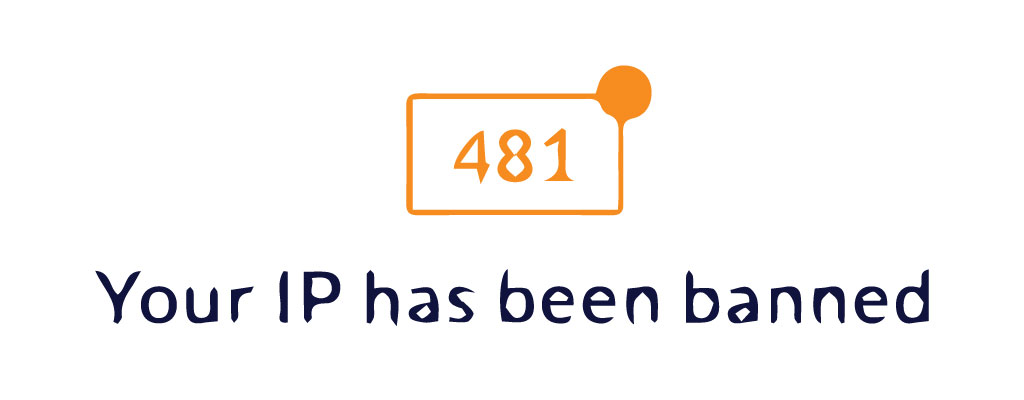
Once a device is connected to the internet or a local network, it is assigned a unique identifier called an IP (Internet Protocol) address. Like a phone number, it allows communication and the sharing of information between devices. A notable feature of an IP address is that certain locations are assigned one.
ASo, a user may not be able to get to a certain web host or content from certain places.The opposite can also apply, in which only local content is allowed to be accessed.
4. DNS Filtering
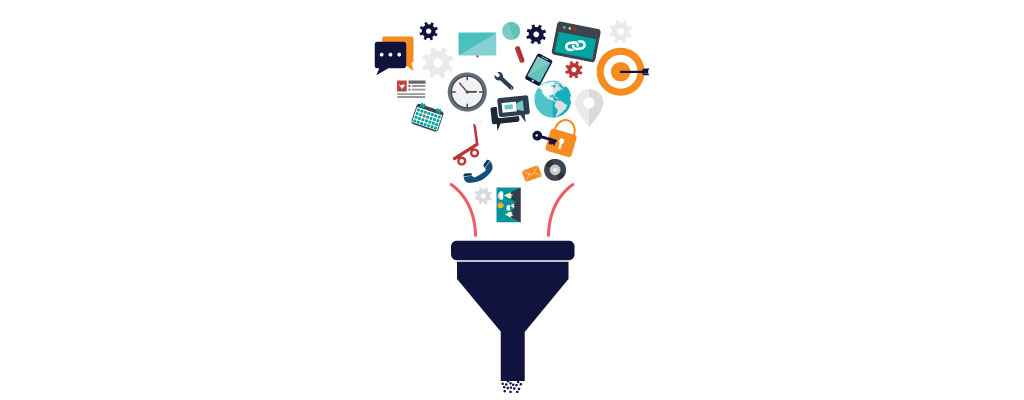
DNS filtering shares the same concept as URL filtering but has a far wider reach.
Similar to a phone book, the Domain Name System (DNS) enables users to search and enter websites without having to memorize their IP address. When a domain name like "chekkee.com" is entered in the search bar, a DNS query is created by the user and sent to a DNS resolver, which matches the name to a corresponding IP address.
DNS filtering works by blocking queries when they reach the DNS resolver. Once a site is within that blocklist, the queries will be blocked and thus will not load.
5. Packet Filtering
A "packet" is a virtual container that transfers data over a TCP/IP network, or "internetworking” in computer networking terms. Packet filtering, meanwhile, is a feature included in a software firewall.
When the packet traverses over the network, it passes through the firewall, where the header information of the packet is inspected. The packets are then either allowed to pass (accepted) or not (dropped). The filtering process is based on a specific set of rules that can be configured in three ways:
- accepting all safe packets and dropping the rest
- dropping confirmed unsafe packets and accepting the rest,
- either quarantining a packet with no provided instruction or querying the user for the appropriate action.
6. Port Blocking
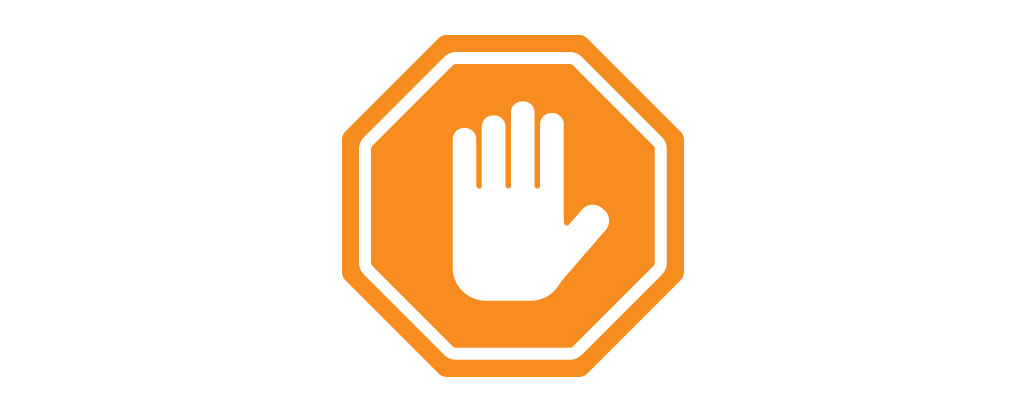
A physical port is where you would plug in a connector of some kind. In computer networking, however, a port is a logical connection endpoint that identifies a specific process or the type of network service. These ports are unique and are identified by their port numbers.
Ports have two modes: allow (open) or deny (closed, blocked). When a port is open, that means that it’s ready to receive a certain type of protocol traffic. When it is blocked, data can’t pass through. Thus, blocking multiple ports can prevent the use of an application.
What are the worst countries for internet censorship?
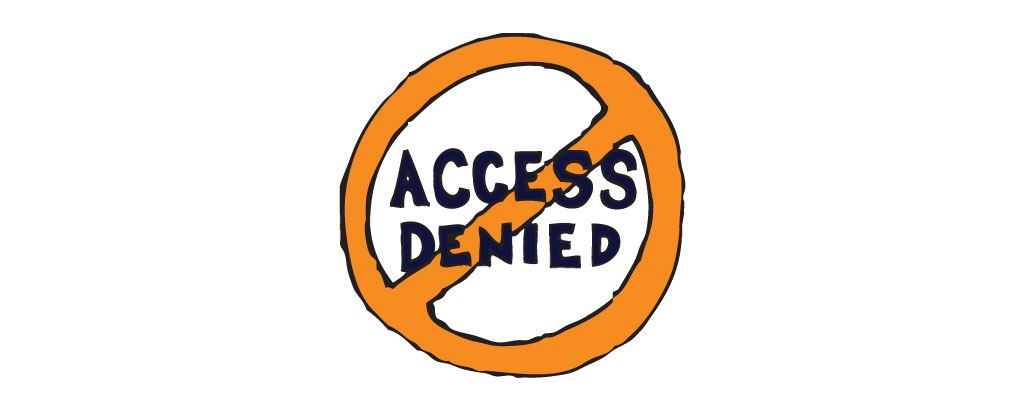
It’s not a surprise that the most censored countries are China and North Korea. Both are ruled by a strict government that keeps a tight hold on its citizens, extending to their internet access.
The internet censorship world map shows that, in addition to explicit content and torrenting, both of these countries put a lot of restrictions on political media, ban VPNs, and keep an eye on how people communicate online. The users are not allowed to use non-local social media or most, if not all, foreign applications like messaging apps.
For example, the most popular messaging and social media app in China is not WhatsApp, but the local app WeChat. While we "Google" our answers, Chinese citizens "Baidu." China’s internet censorship is even popularly known as "The Great Firewall."
As for North Korea, full access to the internet is reserved for high-ranking officials. In the meantime, some universities provide faculty and students with very limited and monitored access. The only other way for average citizens to gain internet access is through the country’s free public intranet, called Kwangmyong. Of course, it’s also very limited.
What Impact Does Internet Censorship Have on Online Businesses?
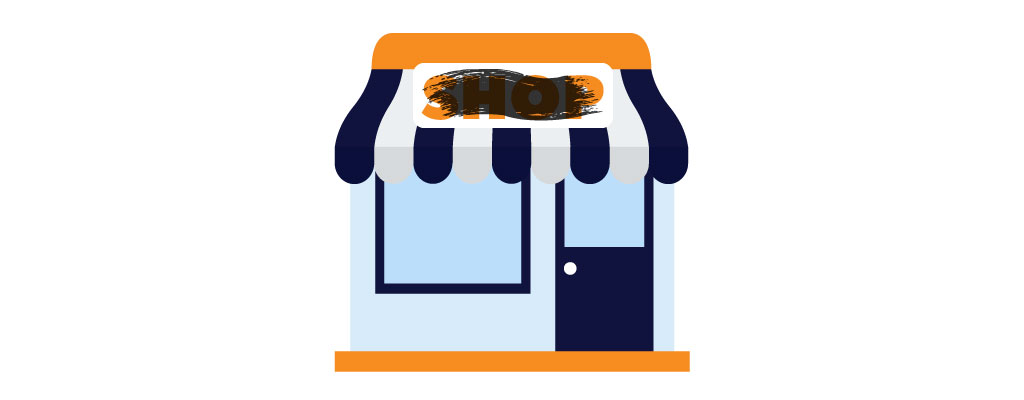
E-commerce is a booming industry. And in e-commerce, you need the internet. When your speech or access to certain applications are restricted, it also limits other opportunities. These opportunities range from audience reach to communication and promotional strategies.
Big businesses and large corporations might find a way around this, but small and medium-sized businesses are severely limited. They do not have enough backing and resources to compete or defend their case.
Niche businesses, no matter their size, are also in trouble, particularly the adult-oriented ones, because they promote content that is deemed inappropriate despite providing all appropriate information and following rules.
Publications are included for obvious reasons. It’s not just the journalism-oriented ones either, but even those that focus on fiction and nonfiction stories. Religious groups are the ones who usually get on the latter’s case.
What Should You Do If A Website Is Blocked Due to Censorship?
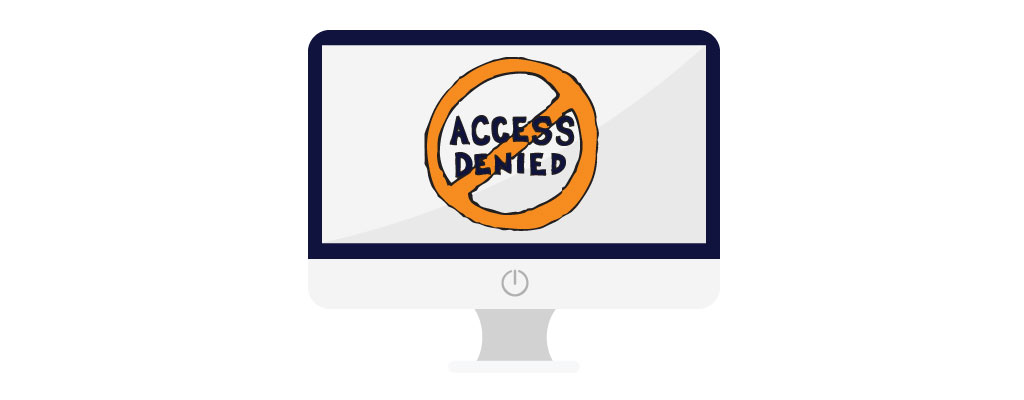
There are multiple reasons why some websites are blocked or censored. Even if you might be under seemingly lax restrictions like the US internet censorship.
The most common reason is that the website is banned by the host of the local network, particularly in a school or workplace. This is understandable, as some websites can impede the productivity of students and employees.
A far bigger reason involves your ISP or the government. In the case of ISPs, it’s not a common occurrence, but it’s usually done to mitigate web traffic or to avoid violating local laws. As for the government, it’s usually because of confidential matters or a matter of reputation.
When a website is geo-restricted, the content is only available in certain locations. After all, not every country has the same laws. In the distribution of content, local laws have to be kept in mind.
If it’s none of the above, then perhaps you are simply banned from accessing the website. This is common in social media applications. The most common factors include grave misconduct and violations of terms and conditions. On some occasions, it may be due to a misunderstanding or even a mistake.
In any case, there are a number of solutions to censorship that can help you regain access to blocked websites.
-
Proxy
A proxy server is akin to a middleman between the user and the Internet. Like the name says, it’s an intermediary that uses a different IP to gather the data from an internet source. The user is then able to access this data through this server.
You still need to be careful when entering sensitive information like passwords, as proxies don’t guarantee 100% security. But it helps that proxy servers are usually free and more widely available.
-
VPN
A VPN, or virtual private network, meanwhile, enables a private internet connection and is commonly used when utilizing a public network.
When using a VPN, the user’s IP address is hidden from other third parties, even from the ISP itself. Like how a proxy server gathers data for the user, the VPN does a similar job by rerouting the IP address through its remote servers.
Basically, it also acts like a middleman between the user and the internet, but with a lot more steps in between. But unlike proxy servers, the VPN also encrypts the data for added security.
VPNs are a pricier option, but they can offer a much higher level of security. There are free options, but either the services aren't very good or there aren't that many of them.
-
Tor
You might think using the Incognito window is an easier way to access blocked websites—but no, it’s not. It doesn’t save your history, but your activity can still be seen by your ISP, so you can still be tracked.
A better option is to instead use Tor, short for “The Onion Reader." It’s free, open-source software that does much better at guaranteeing an anonymous session. You can either download the browser or install it as a browser extension.
Instead of using servers, Tor instead uses thousands of relays that are run by volunteers. The data gets redirected to some of these relays that do the job of disguising your data.
-
Using HTTPS
A solution that is mostly useful for web developers or website owners is to switch from “http” to “https” or “hypertext transfer protocol secure." As the name suggests, it’s a much more secure version of http, the protocol that sends data between the browser and the website. It encrypts communications in order to provide another layer of security for websites.
By switching to https, the website can avoid being flagged as “not secure." When a website is flagged, Google Chrome and other browsers redirect the user to a page notifying them of the website’s status and asking them whether to continue or not.
Choosing Your Words
Censorship is not all bad. Some types of content are simply not suitable for other audiences, but they can be used to protect against cyberattacks. But it's a different story when it's used too much to control people or for other bad reasons.
In the novel “Fahrenheit 451” by Ray Bradbury, the story shows a dystopian society in which all books are burned in order to provide uncomplicated happiness for the masses. In the place of books, there are advertisements upon advertisements from all around the place and the shallow entertainment shown on every household’s television screen.
It may be an extreme portrayal, but the message is very much applicable to this day. These differing ideas make us think and give us complexity and creativity. Internet censorship can also impede the exercise of freedom of speech.
In the face of internet censorship, sometimes the best thing you can do is to adjust and work around it. Not only do you need to comb through your website, but you also need to fortify it against malicious users and cyberattacks. The last thing you need is a target on your back. By working with our Chekkee Content Moderation Services, you can keep your site from being flagged.
The website moderation service from Chekkee is a solution that works 24/7 and gives you reports in real time. It is equipped with an intelligent content filtering feature that uses the combined power of humans and AI for a more nuanced and accurate process.
Try out the latest moderation tools to protect your website. Contact us!